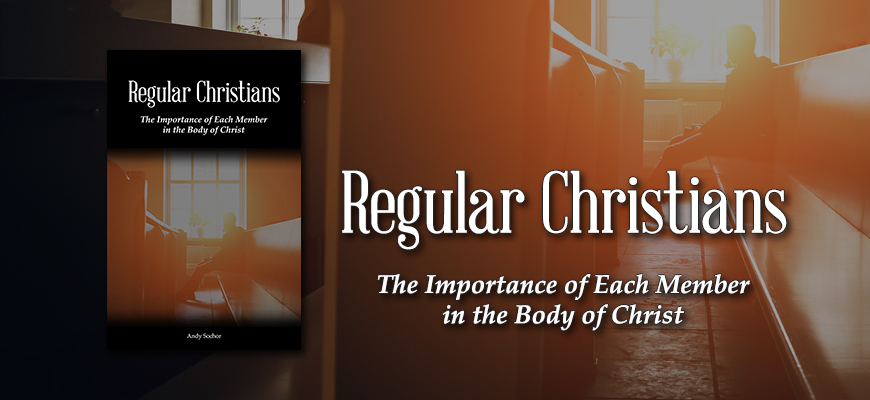
Contrary to the way that many people want to portray Jesus, He did not come to bring social and economic equality. When someone demanded, “Teacher, tell my brother to divide the family inheritance with me,” He did not try to settle this “unfair” situation; instead, He said, “Man, who appointed Me a judge or arbitrator over you?” (Luke 12:13-14). He bluntly told His apostles, “For you always have the poor with you” (Matthew 26:11). This means that poverty and inequality are still going to exist, and it could be that even faithful Christians will have to endure this type of hardship. Because of this, there are at least three things we need to do:
- Learn contentment – Paul faced times of “humble means” and “prosperity”; yet in every situation he “learned to be content” (Philippians 4:11-12).
- Store up treasures in heaven – Jesus said these treasures cannot be destroyed or stolen (Matthew 6:20); therefore, they are preferable. We can store up these treasures no matter what our financial/economic situation is in this life.
- Put spiritual things first – Jesus said, “But seek first His kingdom and His righteousness, and all these things will be added to you” (Matthew 6:33). The things that pertain to our relationship with God and our future and eternal hope must be a priority over everything else.
It may still be difficult to endure social and economic inequality. Life may not seem “fair.” However, that should not be our primary concern. Paul wrote, “Each man must remain in that condition in which he was called. Were you called while a slave? Do not worry about it; but if you are able also to become free, rather do that” (1 Corinthians 7:20-21). Yes, being freed from slavery (or any other oppressed/disadvantaged condition) is preferable; but we can still faithfully serve God regardless of our status.
We do not know if Onesimus was ever freed by Philemon. Given his master’s character, we can assume that he would have either freed him or at the very least he would have treated him with fairness and respect as a fellow brother in Christ. Yet by returning, Onesimus showed that he was willing to submit to his master, whatever that might require. In every society, there are some who are richer and reside in a higher “class” than we do. Rather than bemoan this reality, let us simply determine to serve the Lord as He desires no matter what our place in society might be.
The above post is an excerpt from the book, Regular Christians: The Importance of Each Member in the Body of Christ by Andy Sochor. Follow the link to learn more about the book and purchase your copy today!
